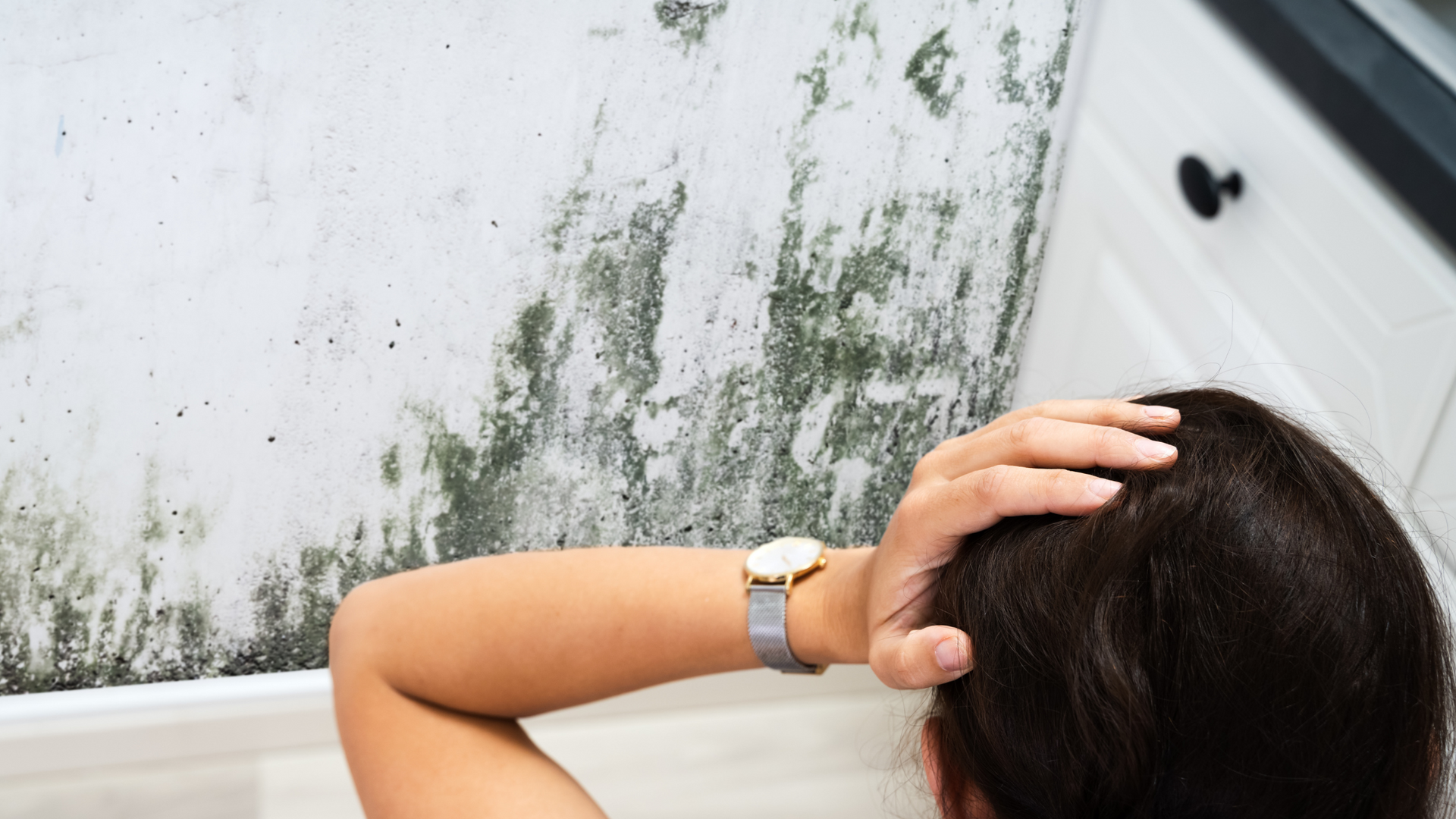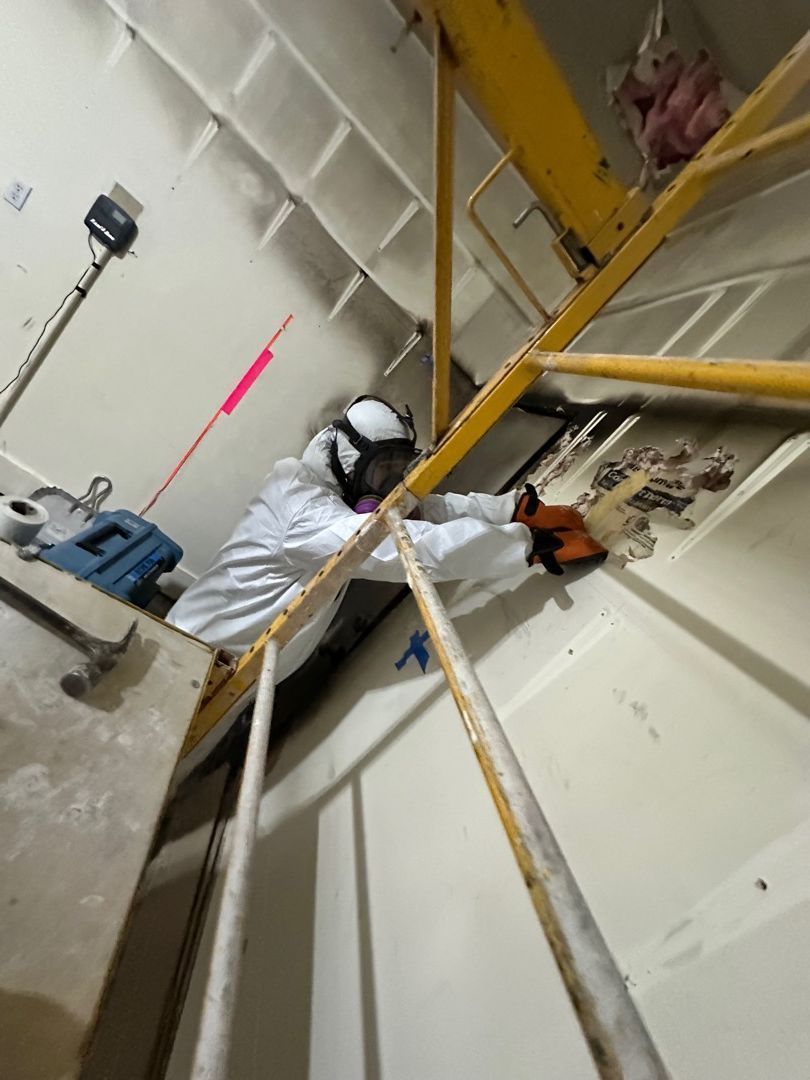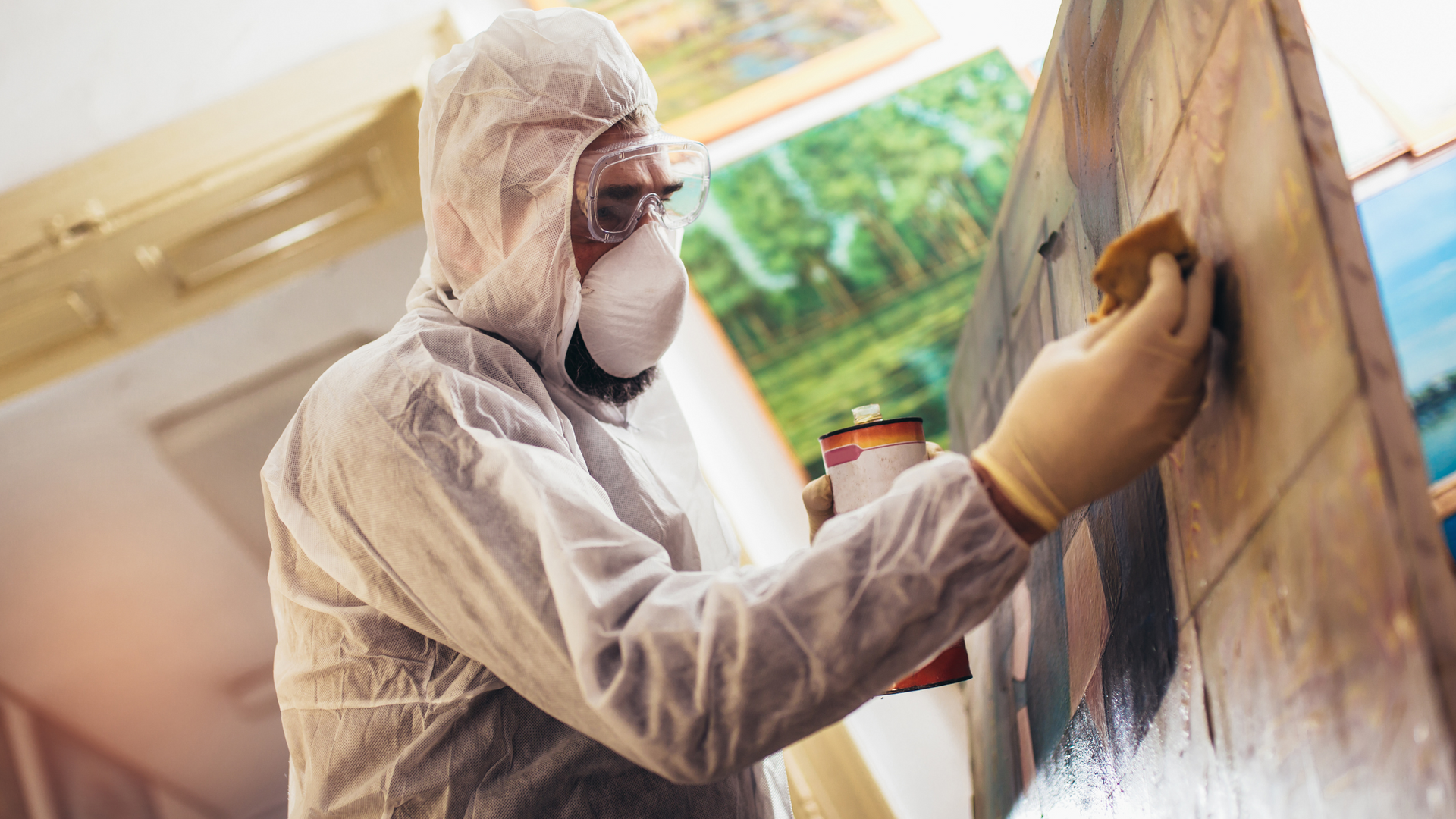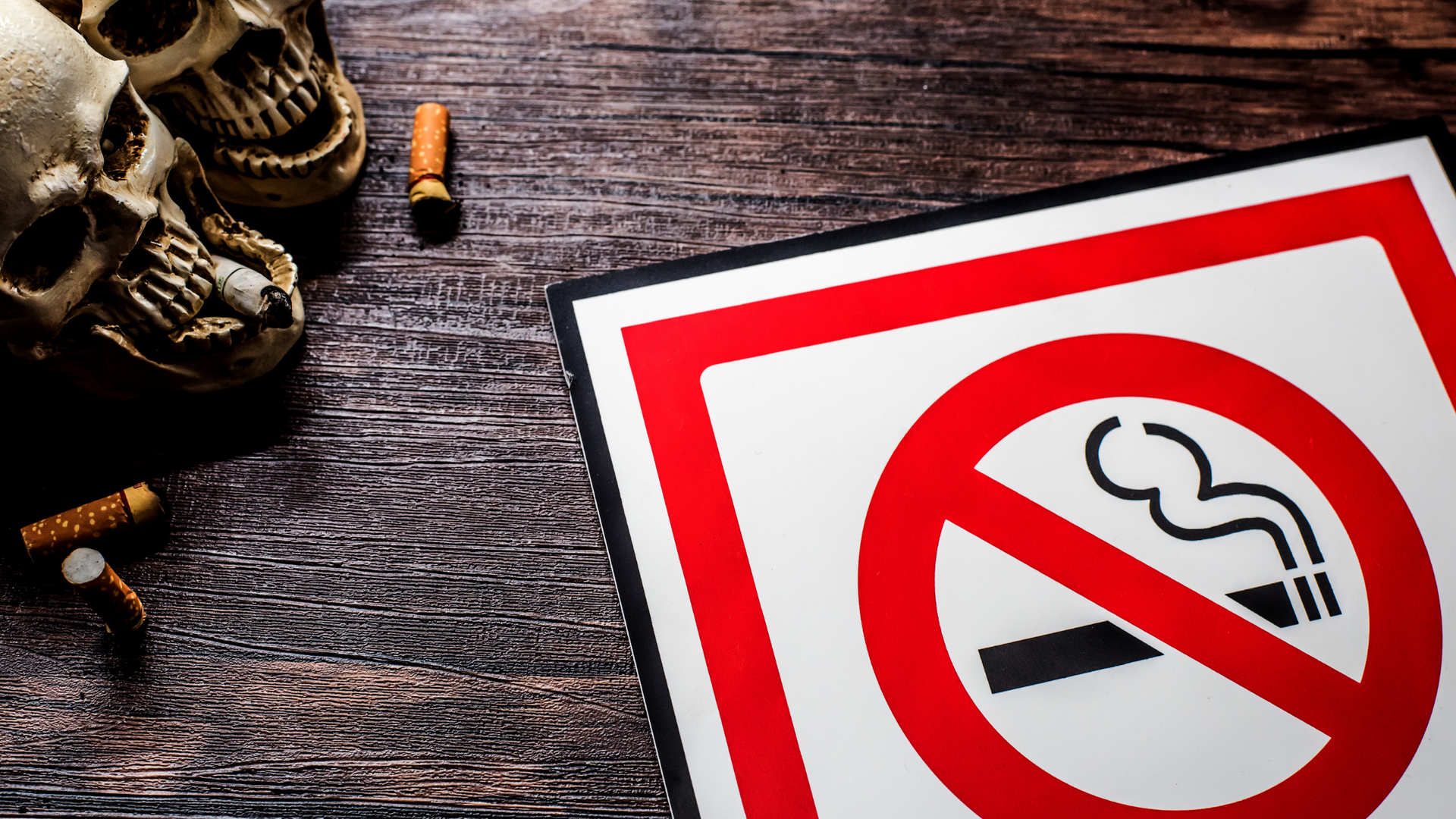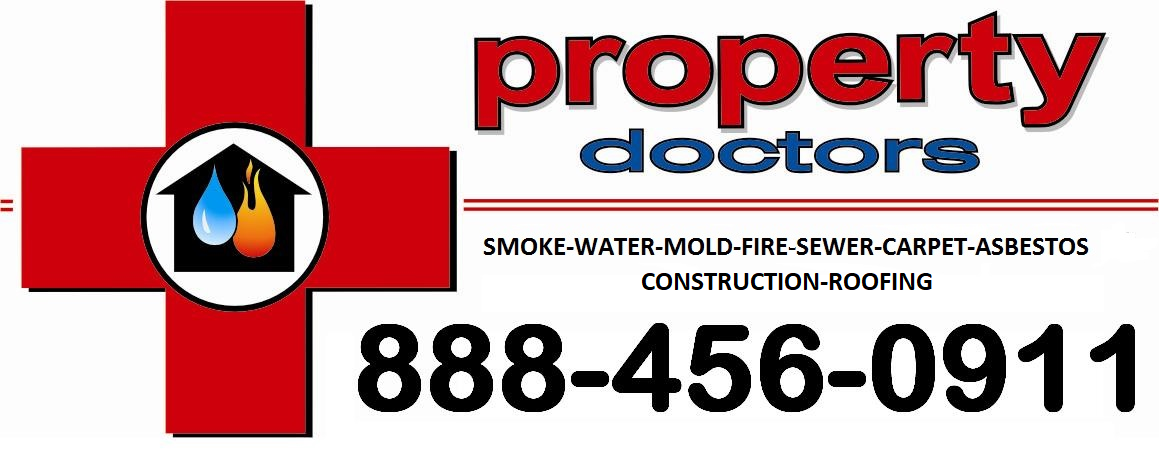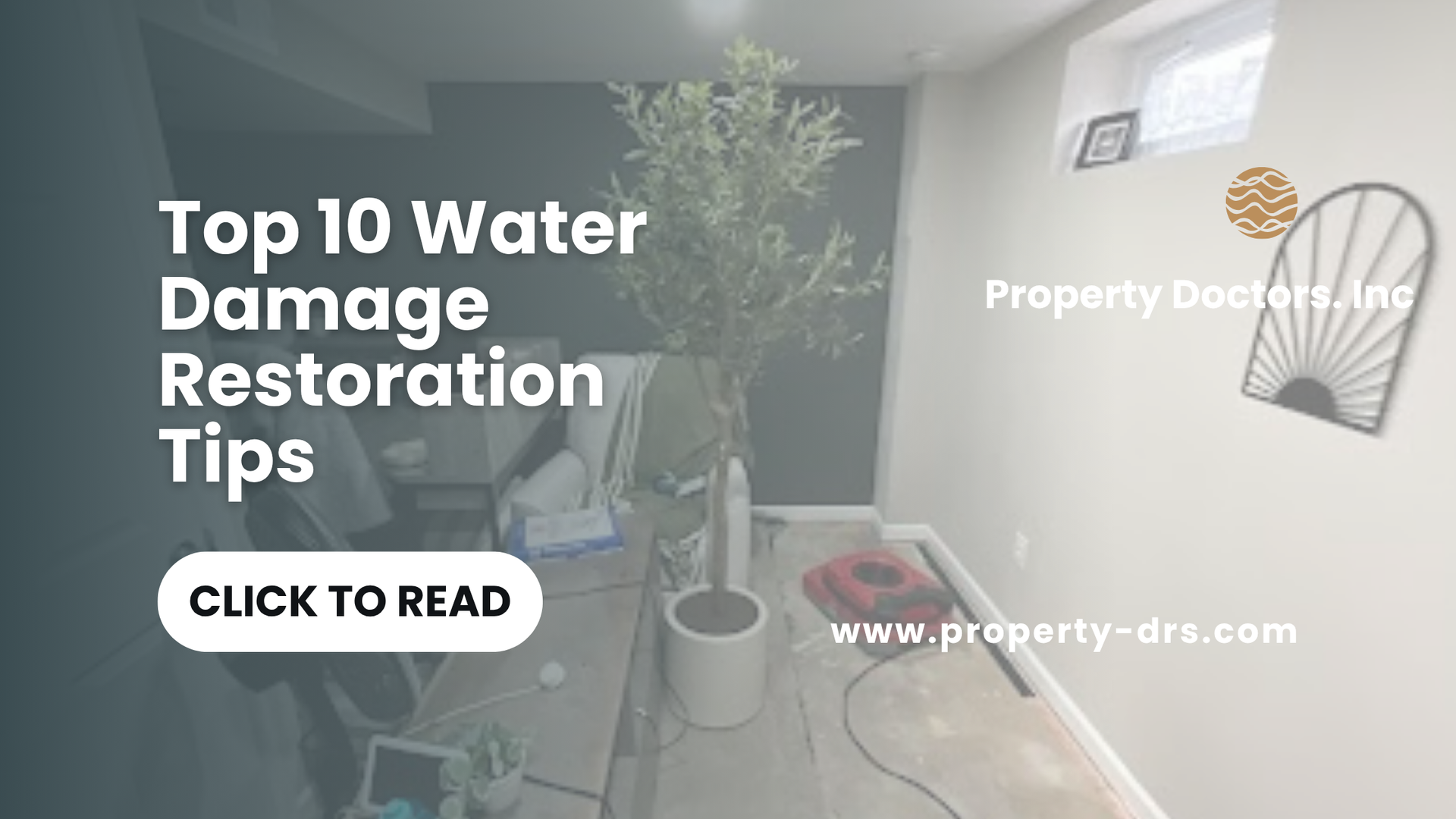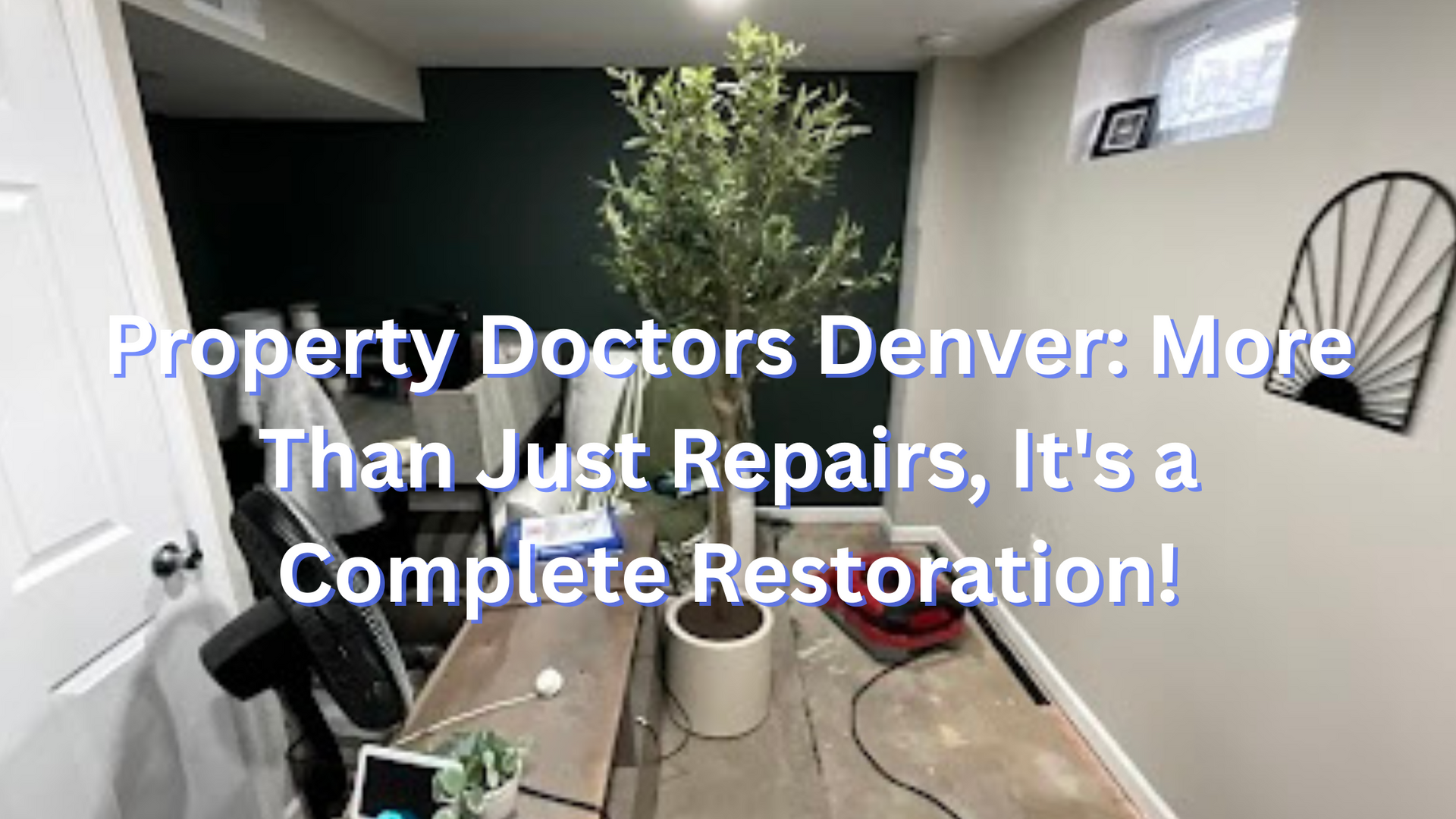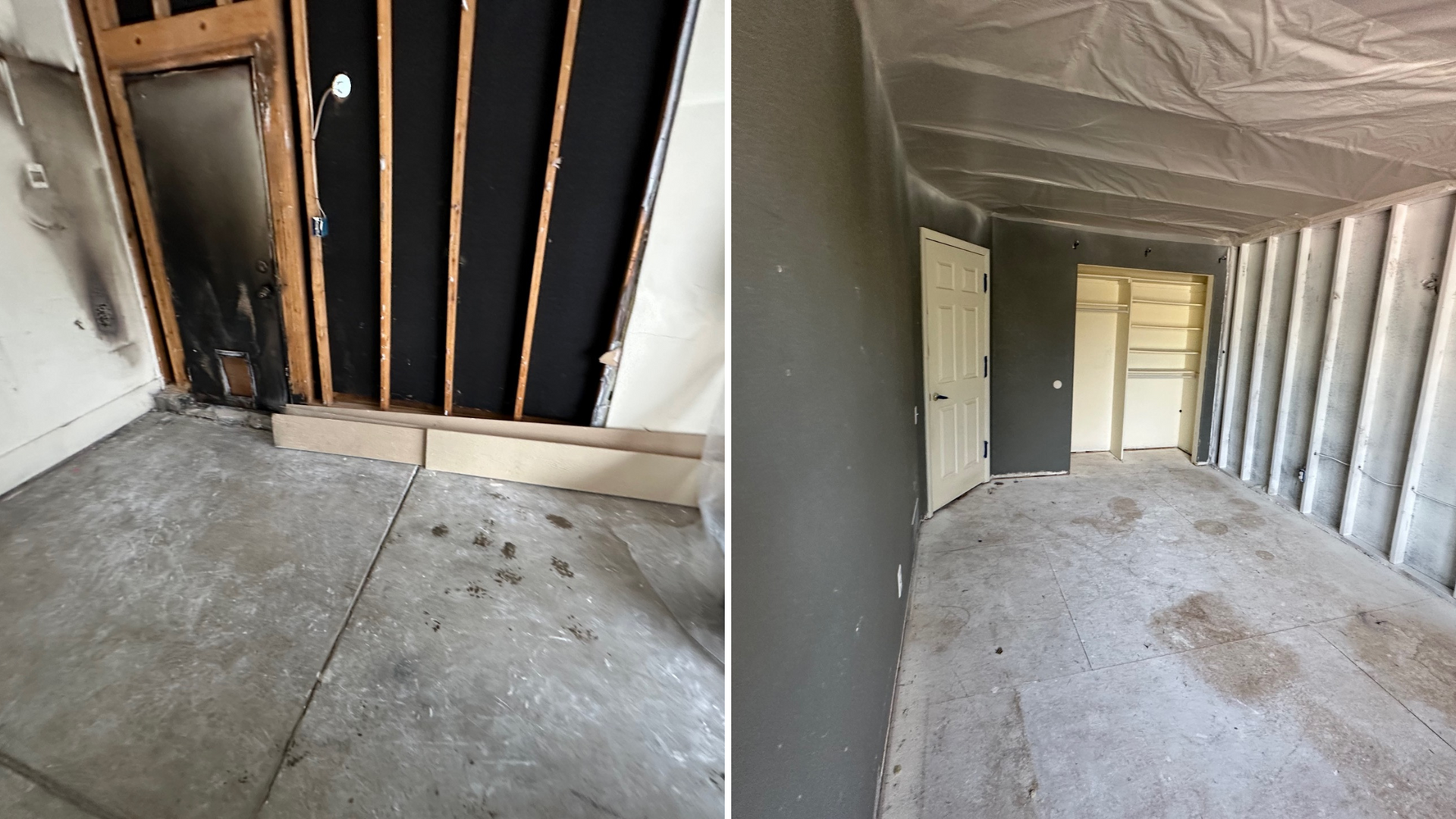1. Control Indoor Humidity Levels
Mold thrives in moist environments, so controlling the humidity in your home is one of the most effective ways to prevent mold growth. Ideally, indoor humidity levels should be kept below 50%. In Denver, where winter temperatures are cold and dry, and summer thunderstorms can bring humidity, managing moisture levels can be a challenge.
Property Doctors Tip:
Use dehumidifiers in areas prone to moisture, such as basements, bathrooms, and kitchens. Keep windows and doors closed when humidity levels are high.
2. Fix Leaks Immediately
Leaks from pipes, roofs, or windows can lead to mold growth if not addressed quickly. Denver's harsh winters and spring snowmelt can cause pipes to freeze, thaw, and leak, while heavy rain in Boulder and Arvada can allow water to seep into homes.
Property Doctors Tip:
Inspect your plumbing and roof for any leaks or water damage regularly. Repair leaks as soon as you notice them to prevent water from pooling and encouraging mold growth.
3. Improve Ventilation in Bathrooms and Kitchens
Both bathrooms and kitchens are high-moisture areas where mold can easily grow if not properly ventilated. Steamy showers and cooking can raise humidity levels and lead to condensation, which provides the perfect breeding ground for mold.
Property Doctors Tip: Use exhaust fans during and after showers or cooking to help reduce moisture. If your bathroom doesn’t have an exhaust fan, consider installing one to improve airflow.
4. Install Vapor Barriers in Crawl Spaces and Basements
In many homes in Lakewood and Arvada,
crawl spaces and basements are at high risk for moisture buildup. Vapor barriers help prevent moisture from the ground below from seeping into these spaces, which can lead to mold growth.
Property Doctors Tip: Install a vapor barrier in your crawl spaces and basement to block moisture from entering. Make sure any ventilation systems in these areas are working effectively.
5. Regularly Clean and Dry Wet Areas
Mold requires moisture to grow, so it’s crucial to keep wet areas clean and dry. Denver's winters can create areas of standing water from melting snow, and Lakewood
experiences occasional flooding, so it's essential to wipe down wet surfaces promptly.
Property Doctors Tip: After a spill, clean the area and dry it thoroughly with a towel. Ensure wet surfaces such as bathroom floors or kitchen counters are cleaned and dried after use.
6. Use Mold-Resistant Products
If you're renovating or building, consider using mold-resistant
drywall, paint, and insulation. These materials are specially designed to prevent mold growth, particularly in high-moisture areas like bathrooms and basements.
Property Doctors Tip: When remodeling your home, ask your contractor to use mold-resistant materials to protect your home from future growth.
7. Keep Gutters Clean and Clear
Clogged gutters are a common issue in Denver and Boulder, especially during the fall months when leaves can accumulate. When gutters are blocked, water can overflow, seep into your roof, and cause moisture
buildup, leading to mold growth.
Property Doctors Tip: Clean your gutters regularly, especially before and after the fall season. Ensure that downspouts direct water away from the foundation of your home to prevent pooling.
8. Keep Your Home’s Temperature Stable
Sudden fluctuations in temperature can lead to condensation forming on surfaces like windows, walls, and pipes, which in turn encourages mold growth. Denver's
extreme temperature shifts make this an important consideration.
Property Doctors Tip: Maintain a consistent temperature in your home. Use a thermostat to regulate heating and cooling to reduce condensation.
9. Improve Airflow Around the Home
Good airflow is key to preventing mold growth.
In homes in Lakewood and Boulder, areas like attics and basements can become stagnant and humid without proper airflow.
Property Doctors Tip: Open windows when weather allows, or use fans to promote airflow throughout your home, especially in areas prone to moisture, such as bathrooms and basements.
10. Dry Wet Clothing and Towels Immediately
Wet towels or clothing left in piles for extended periods can become breeding grounds for mold. Make sure to dry laundry promptly and avoid leaving wet clothes in damp spaces like bathrooms or basements.
Property Doctors Tip:
Don’t leave wet towels or clothes in the laundry room or bathroom. Dry them in the dryer or outside as soon as possible.
11. Inspect Your HVAC System Regularly
Your HVAC system can be a hidden source of moisture if not properly maintained. In Denver, where heating and cooling systems are used year-round, keeping your HVAC
system clean and in good working order is essential for preventing mold growth.
Property Doctors Tip: Schedule annual HVAC
inspections to ensure there’s no moisture buildup in ducts or vents that could encourage mold growth.
12. Seal Cracks and Gaps in Windows and Doors
In Denver, snowmelt and spring rains can cause water to seep into your home through cracks in windows and doors. Moisture
that seeps in can result in mold growth, especially if it’s not detected right away.
Property Doctors Tip: Seal any cracks or gaps in your windows and doors with weather stripping or caulking to prevent water infiltration.
13. Monitor the Humidity Levels in Your Home
Humidity is one of the main drivers of mold growth. In Boulder, where higher humidity levels can occur, managing indoor humidity is essential to mold prevention.
Property Doctors Tip: Use a humidity monitor to keep track of the moisture level in your home. Keep it below 50% to prevent mold growth. Use dehumidifiers if needed.
14. Ensure Proper Drainage Around Your Home
Water that pools around the foundation of your home can easily seep inside and lead to basement mold or structural damage. In areas like Arvada and Lakewood, water buildup from snowmelt or rainstorms can exacerbate the problem.
Property Doctors Tip:
Ensure that the ground around your home slopes away from the foundation, and install drainage systems to direct water away from your home.
Conclusion: Protect Your Home from Mold Growth with Property Doctors
Preventing mold growth
requires ongoing vigilance, especially in Denver, Arvada, Lakewood, and Boulder,
where local weather conditions can contribute to excess moisture. By following these 14 tips, you can protect your home and ensure a healthier living environment for you and your family.
If you notice any signs of
mold
or suspect
water damage
in your home,
Property Doctors
is here to help. We offer
mold inspection, remediation, and
water damage restoration
services throughout
Denver
and the surrounding areas. Call us today at (
888-456-0911)
for a professional
mold inspection
and
remediation service.
